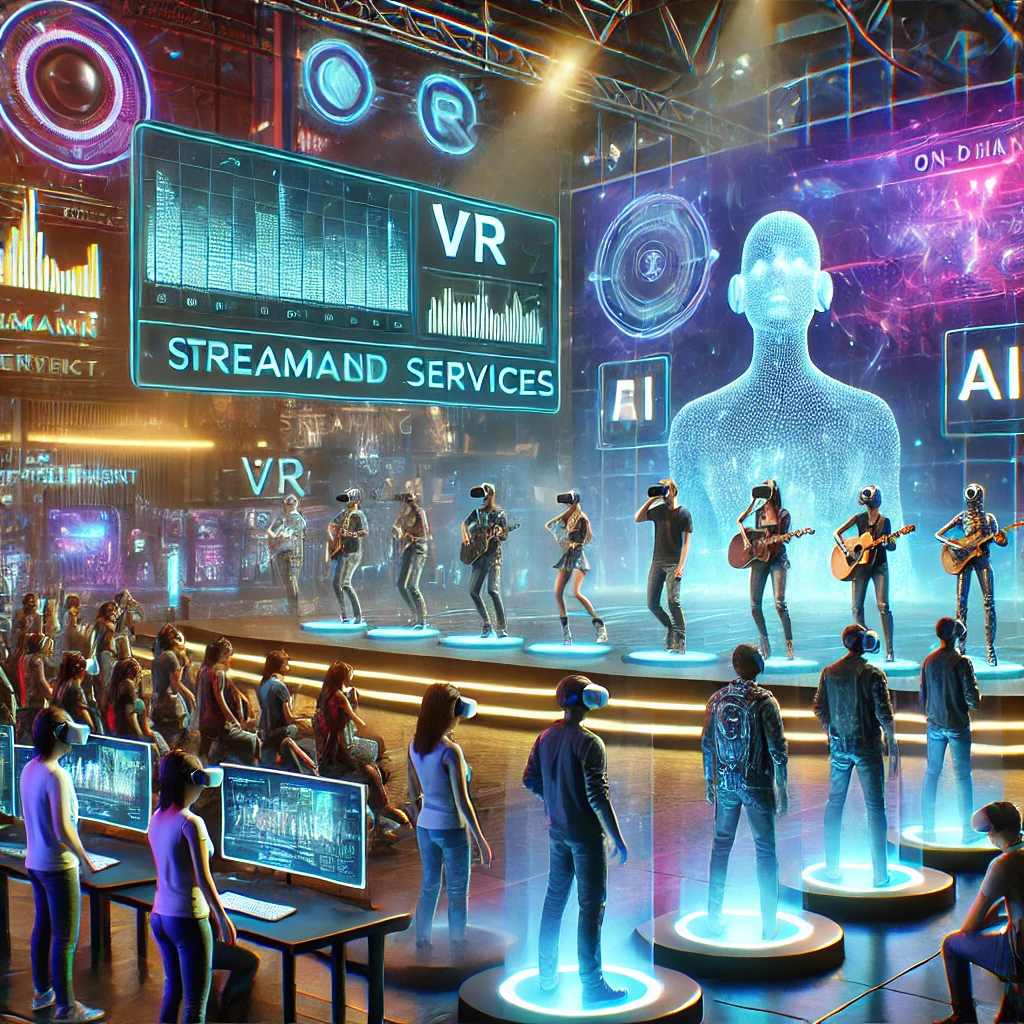Entertainment has been an integral part of human civilization for centuries. From ancient storytelling around campfires to modern digital streaming platforms, the way people consume entertainment has dramatically evolved. Advancements in technology, changing audience preferences, and globalization have all played crucial roles in shaping the industry. This article explores the evolution of entertainment, its current trends, and what the future holds for this ever-changing landscape.
The Early Forms of Entertainment
Entertainment in its earliest forms was primarily based on storytelling, music, and theatrical performances. Ancient civilizations, such as the Greeks and Romans, enjoyed plays, poetry, and gladiator contests. Meanwhile, other cultures engaged in folk music, dance, and storytelling as primary sources of amusement.
With the advent of literature, books became a major form of entertainment. In the Middle Ages, people relied on bards and minstrels to entertain them with ballads and tales. Over time, entertainment mediums expanded to include operas, symphonies, and live performances in grand theaters.
The Birth of Mass Media
The Industrial Revolution brought significant changes to entertainment. The invention of the printing press in the 15th century made books, newspapers, and magazines more accessible. By the late 19th and early 20th centuries, mass media took a new turn with the introduction of photography, radio, and cinema.
Radio quickly became a household staple, providing news, music, and drama to millions. The first motion pictures, developed in the late 1800s, led to the golden age of Hollywood, where films became a dominant source of entertainment. Silent films evolved into talkies, bringing a new level of realism to storytelling.
Television further revolutionized entertainment in the 20th century, offering a visual medium that combined elements of theater and film. Families gathered around their TVs to watch news, sitcoms, and live sports, transforming leisure activities worldwide.
The Digital Revolution and Streaming Era
With the rise of the internet in the late 20th century, entertainment took another major leap forward. The digital revolution introduced online gaming, social media, and digital music, making entertainment more accessible than ever before.
Streaming services such as Netflix, YouTube, and Spotify changed the way people consume movies, TV shows, and music. Unlike traditional television and radio, streaming services offer on-demand access to vast libraries of content, allowing users to watch or listen at their convenience. This shift significantly impacted the film and music industries, forcing traditional networks and record labels to adapt to new consumption habits.
Gaming and Virtual Reality
Video games have evolved from simple arcade machines to complex, immersive experiences. The gaming industry, now worth billions of dollars, has expanded to include console gaming, mobile gaming, and cloud-based gaming services.
Virtual reality (VR) and augmented reality (AR) have also emerged as game-changing technologies in the entertainment industry. These innovations allow users to experience digital worlds in an interactive and immersive way. From VR gaming to AR filters on social media platforms, these technologies continue to push the boundaries of entertainment.
Social Media and Influencer Culture
Social media has transformed entertainment by giving individuals the ability to create and share content. Platforms such as Instagram, TikTok, and YouTube have enabled the rise of influencers who entertain, educate, and engage millions of followers. Traditional celebrities now compete with social media influencers who can quickly gain popularity through viral content.
Live streaming, podcasting, and short-form videos have become mainstream forms of entertainment. Users no longer rely solely on movies or TV shows for amusement; instead, they engage with interactive content created by their favorite online personalities.
The Impact of Artificial Intelligence and Automation
Artificial Intelligence (AI) is playing an increasingly prominent role in entertainment. AI-driven algorithms recommend movies, music, and games based on user preferences. AI is also being used to create music, art, and even films, showcasing the technology’s potential to revolutionize content creation.
Moreover, automation has streamlined the production and distribution of entertainment content. From CGI in films to AI-generated scripts, the entertainment industry is gradually integrating these technologies to enhance user experience.
The Future of Entertainment
The future of entertainment is expected to be shaped by further technological advancements. Emerging trends such as the metaverse, blockchain-based gaming, and AI-generated content are likely to redefine how people consume and interact with entertainment.
The metaverse, a virtual universe where users can interact with digital environments and each other, is anticipated to be the next big thing in entertainment. Companies like Meta (formerly Facebook) and other tech giants are investing heavily in developing immersive virtual worlds where entertainment, social interaction, and commerce can seamlessly merge.
Blockchain technology is also making its way into entertainment, particularly in the gaming industry. Play-to-earn models, powered by cryptocurrency and NFTs (non-fungible tokens), allow gamers to own digital assets and monetize their gaming experiences.
Conclusion
Entertainment has come a long way from ancient storytelling to the digital age of streaming and virtual reality. As technology continues to evolve, the way people consume and interact with entertainment will also change. Whether through AI-driven content recommendations, the metaverse, or blockchain gaming, the future of entertainment promises to be more immersive and interactive than ever before.
With endless possibilities on the horizon, one thing is certain: entertainment will always be a fundamental part of human life, continuously evolving to meet the demands of future generations.
